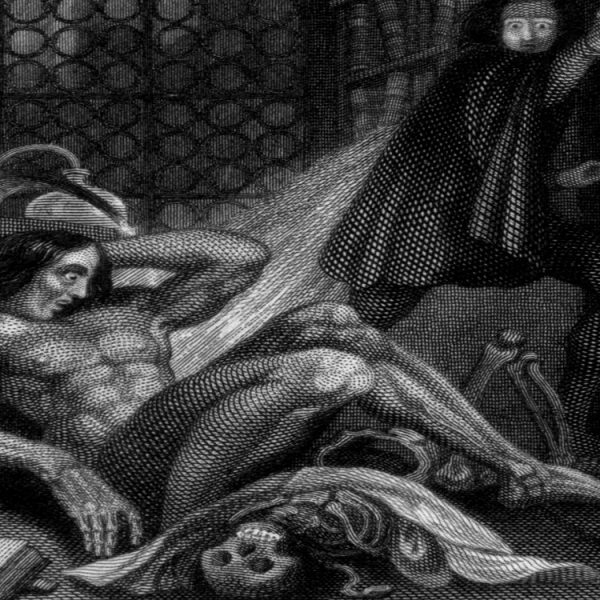For (In)Decency’s Sake
Henry Miller’s Tropic of Cancer has long been famous for its sexual content and explosive style. First printed in 1934 by a Parisian publisher known for soft-core pornography, Tropic of Cancer was banned in the United States, with the only available copies making their way across the Atlantic under the coats of tourists and in the hands of GIs. The “cesspool” of book was finally published in America in 1961, when it provoked obscenity trials in more than a dozen states before Miller’s publishers were acquitted by the Supreme Court three years later.
 Now, 50 years after that long-delayed U.S.release, Fredrick Turner revisits the filthy Parisian hotel rooms in which Miller began to write, tracing the “great, bloody sprawl of a book” from its roots to its eventual climb to literary recognition in Renegade: Henry Miller and the Making of “Tropic of Cancer”. Turner incorporates Miller’s biography with a wide-reaching exploration of his influences, ultimately arguing that, although Tropic of Cancer was written in France, it is a deeply American book that tells us truths, “for better or worse,” about our nation’s identity.
Now, 50 years after that long-delayed U.S.release, Fredrick Turner revisits the filthy Parisian hotel rooms in which Miller began to write, tracing the “great, bloody sprawl of a book” from its roots to its eventual climb to literary recognition in Renegade: Henry Miller and the Making of “Tropic of Cancer”. Turner incorporates Miller’s biography with a wide-reaching exploration of his influences, ultimately arguing that, although Tropic of Cancer was written in France, it is a deeply American book that tells us truths, “for better or worse,” about our nation’s identity.
Miller harbored a fiercely critical perception of Americathat is evident in the tone of Tropic of Cancer, which is defined by “its rawness, its chaotic violence, its painful comedy.” Yet, Turner writes, in some ways Miller was the quintessential American outlaw and tale teller. He cites Miller’s childhood in Brooklyn’s Fourteenth Ward and his kinship with American writers such as Twain and Whitman as among his foremost influences.
In the tradition of Whitman’s “barbaric yawp,” Tropic of Cancer contains Miller’s “war whoop;” in a letter to one of his oldest friends, Miller described the book as, “First person, uncensored, formless,” embodying an attitude the author himself describes in two words: “f*** everything!” This “sustained tone of savage abandon,” Turner writes, is a hallmark of Miller’s literary style, which is also defined by the way in which Miller manages to “make creative use of what others have ignored or else have regarded as the inevitable detritus of daily life.” His famously sordid personal life, ruled by moods that would “veer from hilarity and cosmic optimism to the real blues and even suicidal despair,” comes out in the vicious extremes of his writing, the rebellious energy that makes us understand the ways in which Henry Miller was truly a renegade in both life and literature.



